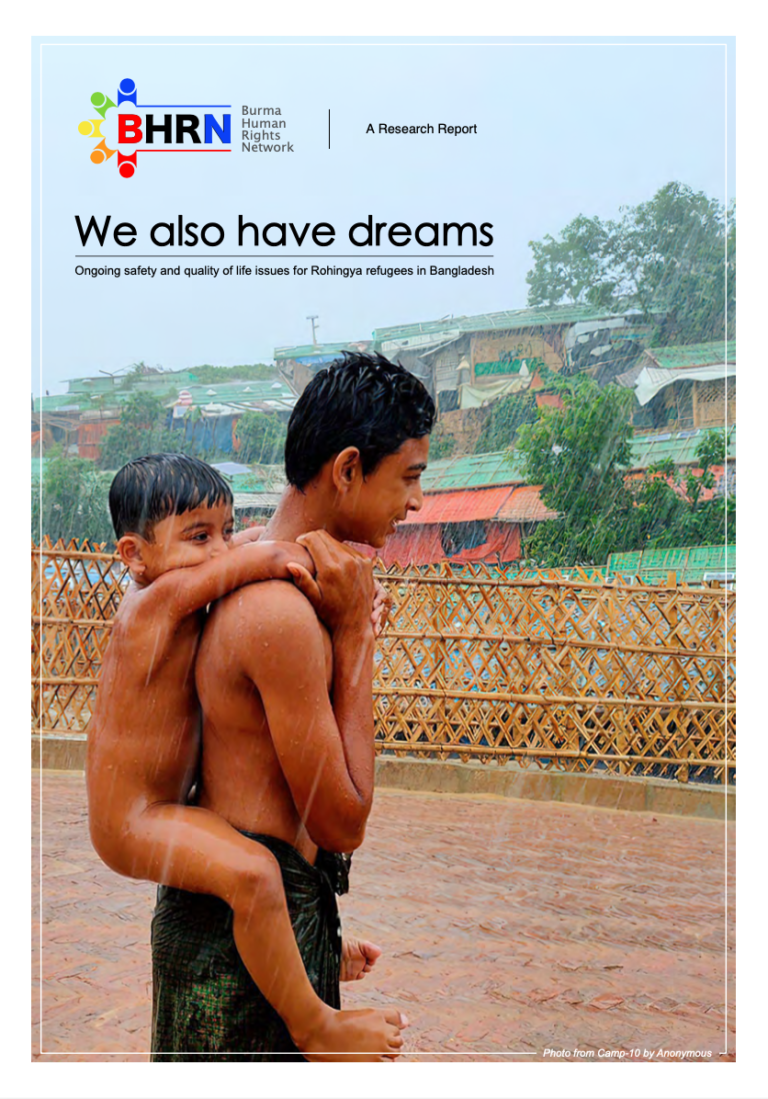Experts by Experience: Conducting Feminist Participatory Action Research with Workers in High-Risk Sectors
GuidanceThe purpose of this guide is twofold. The first is to document lessons learned from using Feminist Participatory Action Research (FPAR) to study the experiences and drivers of labour exploitation – and advocate for change – with workers from thr...Read More

